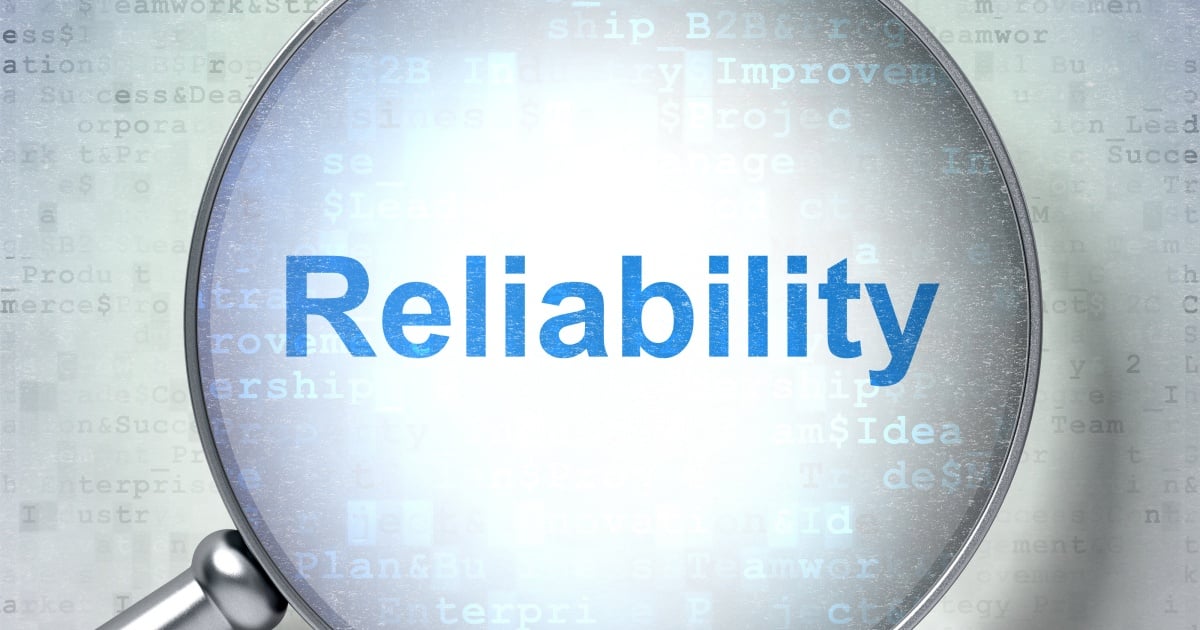What may be most clear about the short and long-term future of IoT in the enterprises may be that it is still quite unclear. That said, investment in interacting with IoT decision makers (even as it remains unclear who those decision makers are - CIOs, product teams, IT, OT or business optimization organizations) is helping illuminate what the world of connected business might look like in 2018.
Vodafone and Cradlepoint published reports based on surveying enterprise leaders recently, and while their findings are different, ultimately the future looks bright for the IoT and IIoT worlds, as long as real economic value is being created.
Both surveys highlighted the challenges holding back greater investment - credible data on anticipated ROIs and concerns about security and privacy.
 Vodafone's Erik Brenneis, Director, Vodafone Internet of Things and CEO of Vodafone Global Enterprise, has been leading the group surveying thousands of decision makers in enterprises working on IoT initiatives since 2013. Brenneis said, "With the Barometer entering its fifth year, It seemed like a good time to review how far the Internet of Things (IoT) has come since the first edition — and to look forward to what’s in store for the next five years. What we found was adopters are pushing ahead with their plans, with IoT seen as critical to success."
Vodafone's Erik Brenneis, Director, Vodafone Internet of Things and CEO of Vodafone Global Enterprise, has been leading the group surveying thousands of decision makers in enterprises working on IoT initiatives since 2013. Brenneis said, "With the Barometer entering its fifth year, It seemed like a good time to review how far the Internet of Things (IoT) has come since the first edition — and to look forward to what’s in store for the next five years. What we found was adopters are pushing ahead with their plans, with IoT seen as critical to success."
When Vodafone first started publishing the annual Barometer back in 2013, IoT was still largely known as M2M and only 12 percent of the enterprises polled were adopting solutions.
In four years, the percentage more than doubled, as did the proportion of companies embracing IoT on a massive scale — over 50,000 connected devices.
Vodafone's report said nearly all of the companies that have adopted IoT have already seen a return on their investment.
Where adopters reported an increase in revenue based on smart products, for example, the average was 19 percent. Vodafone also reported a correlation between scale of adoption and return on investment (ROI) achieved. "Among those with up to 100 connected devices, 28 percent are seeing “significant return or benefit”; that rises to 67 percent of those with over 50,000 connected devices.
"Adopters also have great expectations for the future of IoT. The majority think that IoT will have an enormous or sizeable impact on the whole economy in the next five years. And almost three-quarters of adopters agree that digital transformation is impossible without IoT," according to the survey.
The Vodafone report also emphasized low-power connectivity options, specifically Narrowband-IoT (NB-IoT) and other Low-Power Wide Area Network (LP-WAN) technologies which are far less expensive than traditional LAN/WAN and cellular options.
Brenneis went on to say that low powered IoT networks in will drive the next wave of IoT adoption, leading us to wonder if even the world's largest, Tier One operators are now exploring LoRaWAN networking as a real business, not just one their challengers have established over the last few years.
A few more facts from the study:
Transport and logistics (19 percent to 27 percent) and retail ( 20 percent to 26 percent) have shown the largest year-on-year gains from 2016.
Organizations using IoT are doing more of it. 84 percent agree that “Our adoption/use of IoT solutions has grown in the last 12 months.”
12 percent of adopters now have at least 10,000 connected devices, and the share with over 50,000 connected devices has doubled, from 3 percent to 6 percent.
The benefits go way beyond cost-cutting. Adopters are using IoT to cut costs, reduce risk, and increase revenue. But the main focus is on increasing efficiency (55 percent of adopters).
Adopters are getting more sophisticated. They’re embedding IoT within their business processes. 46 percent have integrated it with core systems, such as enterprise resource planning (ERP).
Success is driving increased investment. 88 percent of adopters that report seeing significant benefits from IoT say they’re spending more on IoT now than 12 months ago.
IoT is enabling new and increased revenue. More than half (51 percent) of adopters say IoT is increasing revenue or opening up new revenue streams.
IoT is driving business transformation. 49 percent of adopters are using IoT in conjunction with analytics to improve business decision-making. 74 percent agree that digital transformation is impossible without IoT.
In the meantime, Cradlepoint, a smaller but ambitious and successful disrupters and innovators in the IoT world, issued a report based on discussions with 400 IT professionals in the US, Canada and UK, and pronounced that 32 percent of those organization are already using IoT.
The survey was conducted by Spiceworks, a professional network for the information technology (IT) industry that is headquartered in Austin, Texas. Spiceworks is an online community where users can collaborate and seek advice from one another, and is estimated to be used by more than six million IT professionals and 3,000 technology vendors.
Cradlepoint's findings were different from those published by Vodafone, in that they found more emphasis based on their survey on cost-savings driven by IoT vs. the creation of new revenues.
They found that the most active industries implementing IoT are technology, retail/wholesale supply chain, education, healthcare, telecom, manufacturing and government.
One of the most interesting insights coming out of the Cradlepoint report did mirror highlights from Vodafone's report: the logic of using low-power networks to run IoT implementations.
Some IT teams are still looking at IoT more traditionally, and exploring running connected things over their existing enterprise network infrastructure (LAN/WAN), rather than contemplating running "parallel networks" for IoT (for example, setting up a LoRaWAN network on a corporate campus to manage everything from building security to cameras, lighting, environmental controls, and more).
The DIY mindset is feeding insecurity about security, as some IT and OT teams see the IoT as expanding the attack surface, particularly as more news breaks on botnet and pivot attacks.
Cradlepoint's report zeros in on two main factors: ROI and security, and report that those leaders they interviewed stated that lack of ROI data and fears about security are slowing down implementations. This means some companies are moving slowly, and some are still in the "wait and see" mode, closely watching what happens when their peers or competitors implement connected business technologies.
"There is no sugar-coating it," the Cradlepoint report says. "Organizations that plan to implement, house and manage IoT in-house are taking a back-to-the-future approach. These technologies are part of a fundamental shift forward in enterprise networking - yet most companies plan to implement IoT in a way that parallels an outdated way of networking."
Both reports are perfectly timed for consumption by people inside of enterprises who are now finalizing their 2018 budgets (or have finalized them and now are in a position to begin implementation of IoT projects next year).
To paraphrase Charles Dickens in his Tale of Two Cities - IoT is heading into "the best of times and the worst of times" but without a doubt, a very exciting time, which both Vodafone and Cradlepoint agree on.
Edited by
Ken Briodagh





